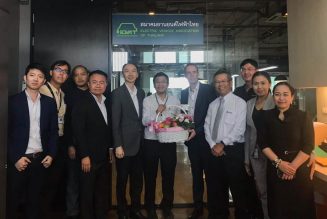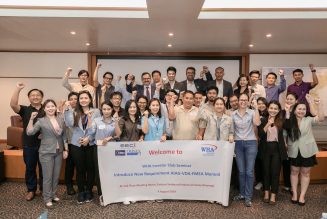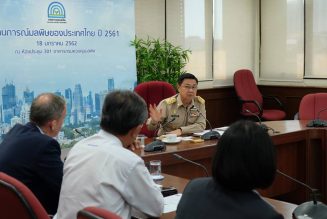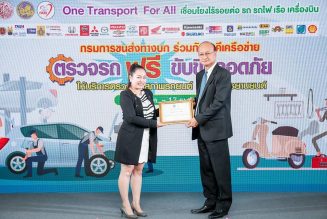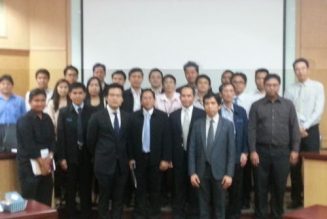Chulalongkorn University’s Energy Research Institute will be presenting a research report to the Thai Ministry of Energy on proposals for Thailand’s future energy plan. TEBA recently helped organize a meeting with members of the private sector to present the researchers’ proposals and gather opinions on the plan for inclusion when it is submitted to the government. The presentation was carried out by Chulalongkorn University’s Dr. Weerin.

Chulalongkorn University’s Energy Research Institute will be presenting a research report to the Thai Ministry of Energy on proposals for Thailand’s future energy plan. TEBA recently helped organize a meeting with members of the private sector to present the researchers’ proposals and gather opinions on the plan for inclusion when it is submitted to the government. The presentation was carried out by Chulalongkorn University’s Dr. Weerin.
One issue that was presented by Dr. Weerin is that the general public has a number of misunderstandings about the country’s energy situation and that there are often protests against certain energy plans. Due to this, social acceptance is an important feature of the proposed plan.
Another key issue discussed was energy security. Thailand is a net energy importer and this means the country is affected by events and movements in the global economy. In some of the future scenarios, Thailand is seen as importing up to 90% of its energy needs. The researchers have divided future possible energy scenarios into what they called different levels of health of the energy sector.
Some aspects of the plan include:
– An aim for a 35-40% energy efficiency gain by 2035 compared to 2011
– A plan to restructure the economy to less energy- and labour-intensive industries
– Promotion of more renewable energy and 2nd-generation biofuels for vehicles
– Aim to keep CO2 per capita levels similar to what they are currently
– Overall aim of being “secured and efficient”
The industrial sector is the largest consumer of energy, and this means this sector needs to be carefully considered in energy plans. Even in the most healthy future energy scenario, fossil fuels are still seen as providing more than 70% of transport energy.
When looking at the energy intensity of the economy, which is measured as the amount of energy required to produce 1 US dollar of GDP, Thailand is currently close to the world average. Thailand is averaging a 0.5% improvement in energy intensity per year; however, the world is averaging a 1% improvement per year.
Following the presentation of the master plan proposal, the floor was opened to hear the views of those in attendance. A wide range of divergent opinions were expressed. These ranged from the need to keep energy costs low for the industrial sector through using more “clean coal” to the need to be more visionary and increase renewable energy sources so that Thailand can reduce its energy imports. The views will be included in the final report and forwarded on to the Ministry of Energy to help with producing Thailand’s next energy roadmap.



